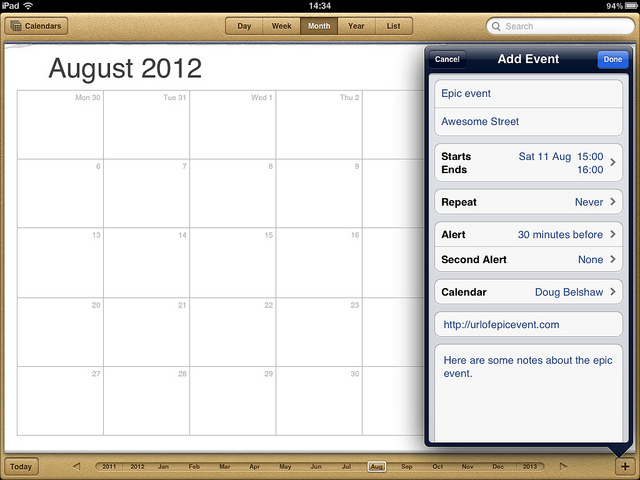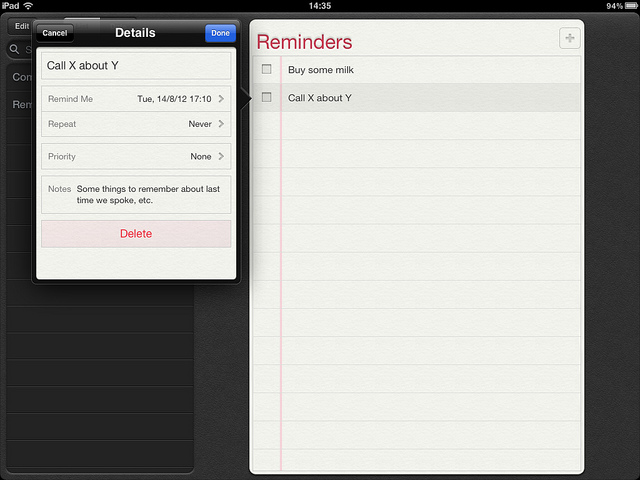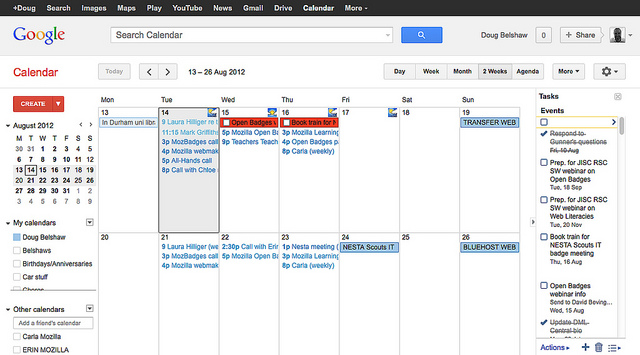What’s your favourite month?
I reckon my favourite month is probably Prairial, and my least favourite the one we’re entering right about now — Frimaire.
For those scratching their heads, I’m referring to the French Revolutionary Calendar (also called the ‘Republican’ calendar) which divided the year up in the following way:
The Republican calendar year began the day the autumnal equinox occurred in Paris, and had twelve months of 30 days each, which were given new names based on nature, principally having to do with the prevailing weather in and around Paris. The extra five or six days in the year were not given a month designation, but considered Sansculottides or Complementary Days.
Wikipedia
When you think about it, although it’s useful to have everyone in the world using the same calendar, doing so is almost an act of cultural violence.
I live in the North East of England, a place that historically has been known as Northumbria. What would a Northumbrian calendar look like? I don’t think it would be so different to the French Revolutionary one, except we’d probably use month names like ‘Clarty‘:
- Autumn:
- Vendémiaire (from French vendange, derived from Latin vindemia, “vintage”), starting 22, 23, or 24 September
- Brumaire (from French brume, “mist”), starting 22, 23, or 24 October
- Frimaire (From French frimas, “frost”), starting 21, 22, or 23 November
- Winter:
- Spring:
- Summer:
This post is Day 63 of my #100DaysToOffload challenge. Want to get involved? Find out more at 100daystooffload.com




